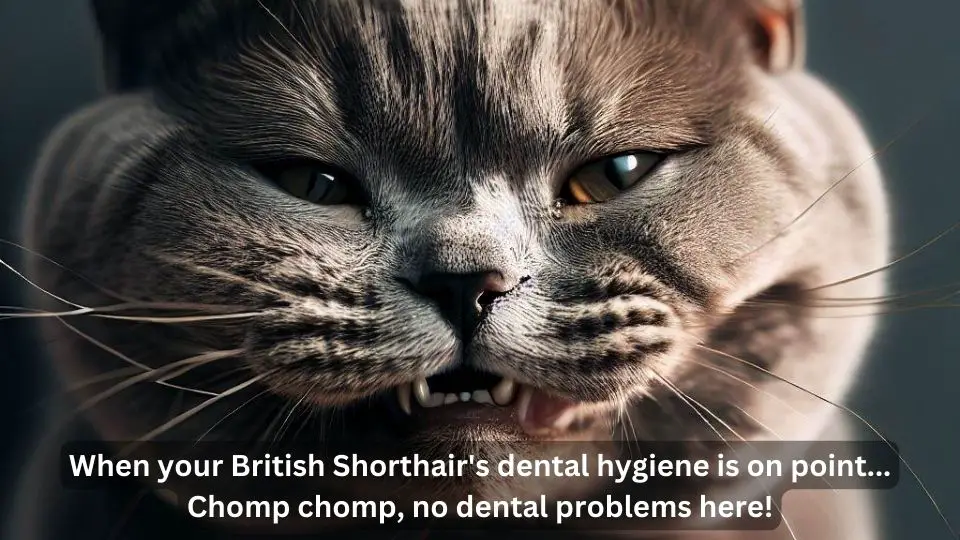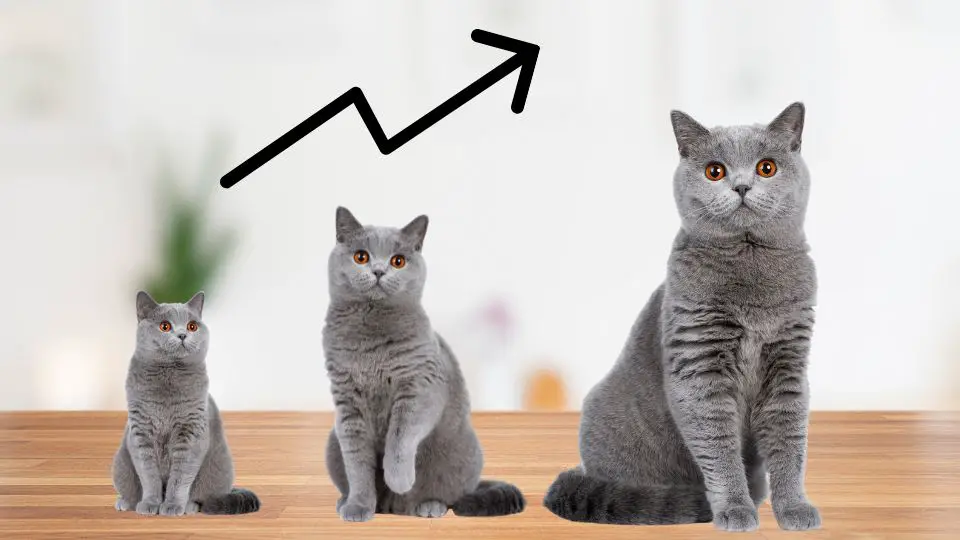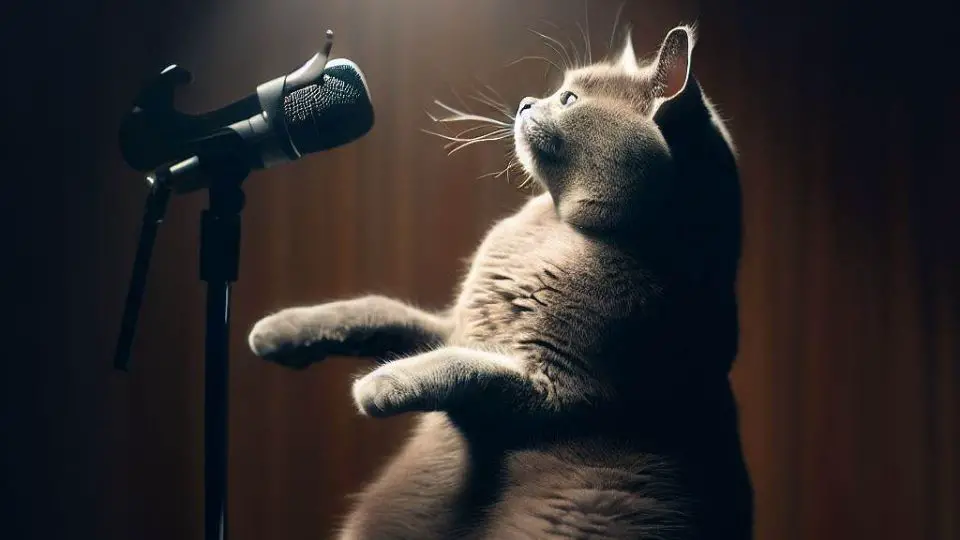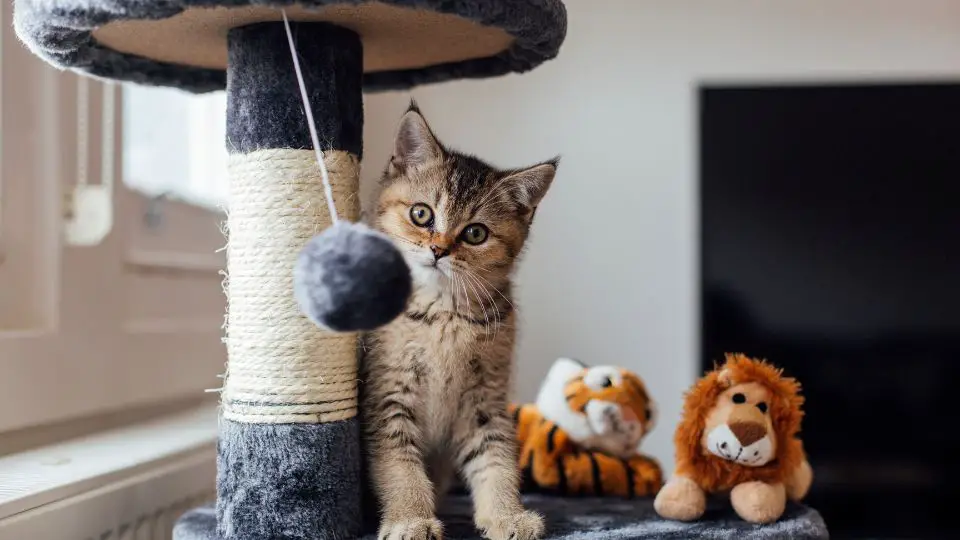British Shorthair cats are known for their adorable and unique features, such as their round faces and chubby cheeks. However, it’s essential to take care of their dental health, as they are prone to various dental problems that can cause discomfort and pain.
This article will discuss the common dental problems that affect British Shorthair cats, their causes, symptoms, and the steps that owners can take to prevent them.
Common British Shorthair Dental Problems
Maintaining good dental hygiene in British Shorthair cats is essential to keep them healthy and free from dental problems. Like other cats, British Shorthairs are also prone to several dental problems that can cause discomfort, pain, and even tooth loss. Here are some of the most common dental problems that affect British Shorthair cats.
Periodontal Disease
Periodontal disease is one of the most common dental problems that affect British Shorthair cats. It occurs when plaque and tartar build up on the teeth, leading to inflammation and infection of the gums. If left untreated, periodontal disease can cause tooth loss and other health problems. Symptoms of periodontal disease in cats include bad breath, bleeding gums, and loose teeth.
Tooth Resorption
Tooth resorption is another common dental problem that affects British Shorthair cats. It occurs when the tooth structure breaks down, leading to tooth loss. The exact cause of tooth resorption is still unknown, but genetics and diet are believed to play a role. Symptoms of tooth resorption in cats include tooth sensitivity, difficulty eating, and pawing at the mouth.
Gingivitis
Gingivitis is a common dental problem that affects British Shorthair cats of all ages. It occurs when the gums become inflamed due to plaque buildup. If left untreated, gingivitis can lead to periodontal disease and tooth loss. Symptoms of gingivitis in cats include red, swollen gums, and bad breath.
Oral Tumors
Oral tumors are growths that occur in the mouth and can be benign or malignant. They can affect any part of the mouth, including the gums, tongue, and roof of the mouth. Symptoms of oral tumors in cats include difficulty eating, drooling, and bad breath.
Causes of Dental Problems in British Shorthair Cats
Genetics can play a significant role in the development of dental problems in British Shorthairs. Some cats may be predisposed to certain conditions, such as tooth resorption, due to inherited traits. This can lead to weakened teeth that are prone to breaking or infection.
Poor dental hygiene is another common cause of dental problems in cats. If teeth are not regularly cleaned, plaque and tartar can build up, leading to gingivitis and other issues. If left untreated, these problems can progress to more serious conditions like periodontal disease and tooth resorption.
Diet can also impact the health of a British Shorthair’s teeth. Feeding a diet that is high in sugar or carbohydrates can increase the risk of plaque buildup and tooth decay. Additionally, feeding a diet that is not properly balanced can lead to nutritional deficiencies that can weaken teeth and gums.
Signs and Symptoms of Dental Problems in British Shorthair Cats
Let’s discuss the signs and symptoms of dental problems in British Shorthair cats.
- Bad breath: Halitosis, or bad breath, is a common symptom of dental disease in cats. This is often caused by the buildup of bacteria in the mouth, which can lead to infection and inflammation.
- Tooth loss: If you notice your cat is missing teeth or has loose teeth, this can be a sign of dental disease. Tooth loss can be caused by periodontal disease, tooth resorption, or trauma.
- Difficulty eating or chewing: Dental problems can make it painful for cats to eat or chew their food. If you notice your cat is struggling to eat, it may be due to tooth pain or discomfort.
- Drooling: Excessive drooling can be a sign of dental problems in cats. This is often caused by pain or discomfort in the mouth.
Note that many cats will not show any obvious signs of dental problems, which is why regular dental check-ups with your veterinarian are crucial. Your veterinarian can perform a thorough oral examination and identify any dental problems early on.
Diagnosis of Dental Problems in British Shorthair Cats
Diagnosing dental problems in British Shorthair cats involves a variety of techniques, including oral examination, dental X-rays, and blood tests. Early detection and treatment of dental issues are critical to the overall health and well-being of your cat. Here are the different methods used to diagnose dental problems in British Shorthair cats:
- Oral examination: Your veterinarian will perform a thorough oral examination to assess your cat’s teeth and gums. This may involve using a specialized dental mirror and probe to examine each tooth, as well as palpating the gums and oral tissues.
- Dental X-rays: X-rays are an important tool for diagnosing dental problems that may not be visible to the naked eye. X-rays can help identify tooth decay, abscesses, and other issues that may be hidden below the gum line.
- Blood tests: Blood tests can be used to identify underlying health issues that may be contributing to dental problems in your British Shorthair cat. For example, cats with kidney disease or diabetes may be more prone to dental issues, and blood tests can help identify these conditions.
If your veterinarian identifies dental issues during your cat’s examination, they may recommend additional diagnostic tests or treatment options to address the problem.
Treatment and Management of Dental Problems in British Shorthair Cats
Here are some of the most common treatment options for dental problems in British Shorthair cats.
Professional Dental Cleaning
If your British Shorthair cat has developed dental problems, your veterinarian may recommend a professional dental cleaning. This involves removing tartar and plaque from the teeth and under the gumline, which can help prevent further damage to the teeth and gums. Professional dental cleanings are typically performed under anesthesia, which allows your veterinarian to thoroughly clean your cat’s teeth and examine their mouth.
Tooth Extraction
In some cases, dental problems may be severe enough to require tooth extraction. This is typically only done as a last resort when other treatment options have been exhausted. Tooth extraction may be necessary if a tooth is severely decayed or if it is causing pain and discomfort to your cat.
Medications to Manage Pain and Infection
If your British Shorthair cat is experiencing pain or infection due to dental problems, your veterinarian may prescribe medications to help manage these symptoms. Pain medications can help relieve discomfort, while antibiotics can help treat and prevent infection.
At-Home Dental Care
One of the most important aspects of managing dental problems in British Shorthair cats is providing regular at-home dental care. This can include brushing your cat’s teeth with a pet-specific toothbrush and toothpaste, providing dental treats or chews, and using water additives or oral sprays to help control plaque and tartar buildup.
Preventing Dental Problems in British Shorthair Cats
Here are some tips for preventing dental problems in your British Shorthair:
- Regular dental check-ups: Make sure your cat has regular dental check-ups with a veterinarian. This can help catch dental issues early on and prevent them from becoming more serious.
- Dental-friendly diet: Feeding your cat a diet that is rich in nutrients and low in carbohydrates can help prevent dental problems. Avoid feeding your cat soft, sticky, or sugary foods, which can stick to teeth and promote bacterial growth.
- Dental hygiene at home: Brushing your cat’s teeth regularly is the best way to prevent dental problems. Use a cat-specific toothbrush and toothpaste, and start with short, gentle sessions. You can also provide dental treats or toys to help promote good dental health.
- Avoiding dental trauma: Be careful when playing with your cat to avoid accidental trauma to the teeth and gums. Also, avoid giving your cat hard objects to chew on, as these can cause dental fractures.
Conclusion
In conclusion, dental care is an essential aspect of the overall health of British Shorthair cats. Regular check-ups, a dental-friendly diet, and proper dental hygiene at home are crucial for preventing dental problems and maintaining their oral health.
As a responsible owner, it’s vital to keep an eye on your cat’s teeth and gums and take them to the vet if you notice any signs of dental issues. With proper care and attention, your British Shorthair can enjoy healthy teeth and gums for a long and happy life.







